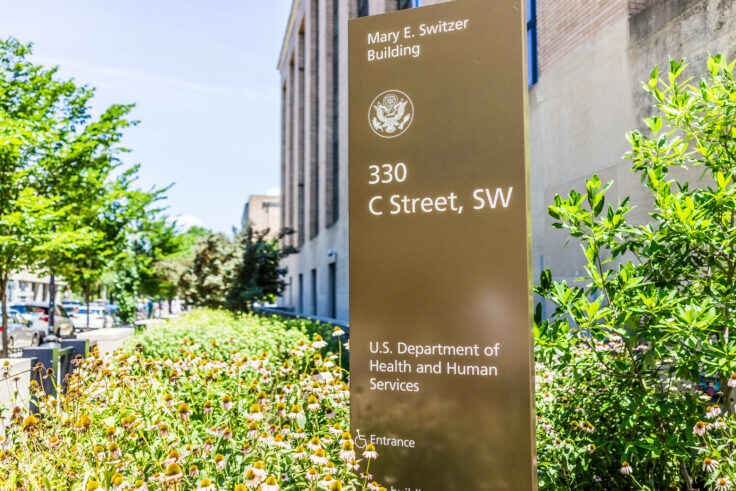Learning from the Flint Water Crisis: Legal Implications and Community Public Health Impacts
May 15, 2018
Overview
In 2014, while under the control of a state-appointed emergency manager, the city of Flint, Michigan, switched its water source from the Detroit Water and Sewerage Department to the Flint River. As a result, lead from the aging service lines to homes leached into the drinking water and poisoned thousands of Flint residents. A team of Network attorneys recently published an analysis examining legal aspects of the Flint water crisis. In this webinar, two of the report’s authors will explore the complex legal arrangements at the heart of the crisis and review recommended changes to the relevant laws and their implementation. Then, a health disparities researcher and an activist and community organizer, both based in Flint, will jointly present a community-level response to the crisis.
View/download the Presentation Slides
By attending this webinar, you will:
- Explore the complex legal arrangements at the heart of the crisis, including public health, safe drinking water, and emergency manager laws.
- Review recommended changes to the relevant laws and their implementation.
- Learn about the ongoing public health impacts of the water crisis in the Flint community.
Moderator:
- Peter D. Jacobson, JD, MPH, Professor Emeritus of Health Law and Policy, University of Michigan School of Public Health, Co-Director, The Network for Public Health Law – Mid-States Region
Presenters:
- Colleen Healy Boufides, JD, Senior Attorney, The Network for Public Health Law – Mid-States Region
- Jennifer Bernstein, JD, MPH, Deputy Director, The Network for Public Health Law – Mid-States Region
- Kent Key, PhD, Director, Office of Community Scholars and Partnerships, Michigan State University
- Nayyirah Shariff, Community Organizer, Flint Democracy Defense League
You may qualify for CLE credit. ASLME is an approved provider of continuing legal education credits in several states ASLME will also apply for CLE credits in other states upon request. An email from ASLME regarding CLE credits will be sent to attendees following the webinar.



